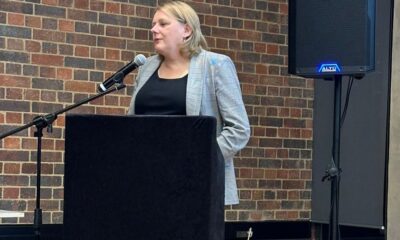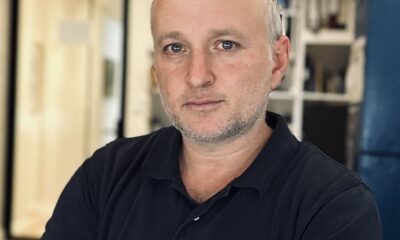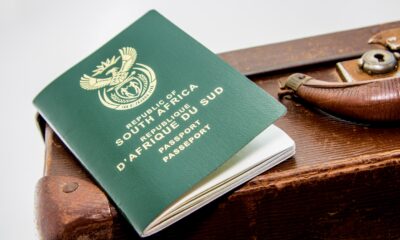
Featured Item
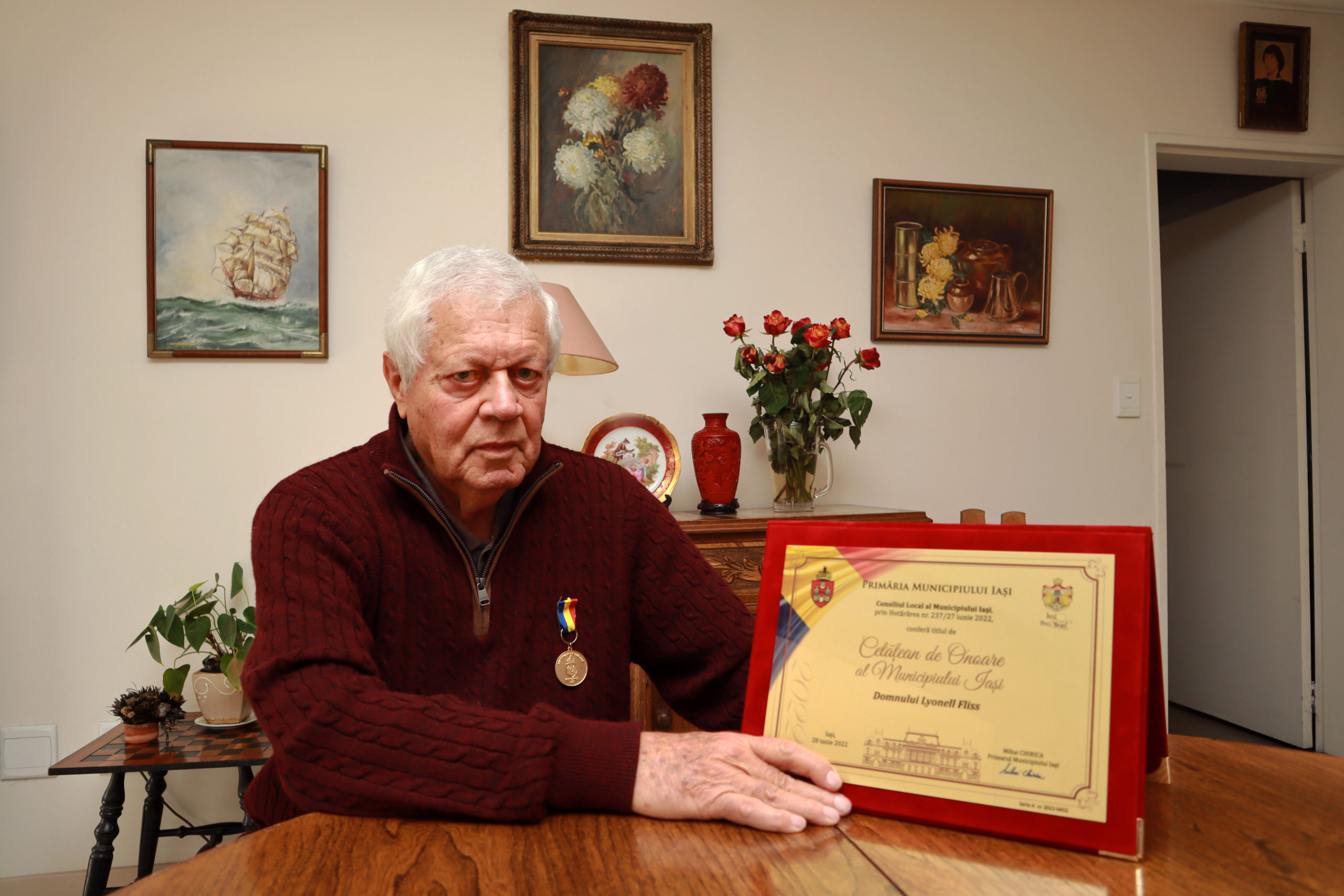
Fliss given honorary citizenship of Iași, the city that tried to kill him
Eighty-one years after Lyonell Fliss and his parents were saved by the skin of their teeth from being murdered during the savage Iași pogrom in Romania, the Johannesburg-based 87-year-old returned to the city to be awarded the honorary citizen of the city of Iași.
He was given the award in front of a capacity crowd of a thousand people at the Bucharest National Opera House in Romania on 29 June.
Fliss was born in the Romanian city of Iași (pronounced Yahsh) 87 years ago during World War II.
“At the time, Iași was the historic capital of Romania, full of palaces, universities, theatres, and opera houses,” says Fliss.
However, Romania had been one of the most antisemitic countries in Europe, being the last to grant citizenship to Jews after World War I.
On Sunday, 29 June 1941, already two years into World War II, Iași was the location of one of the worst pogroms in the Holocaust, with 13 000 Jews murdered in the city.
Recalling that day in his article titled That Sunday, Fliss wrote, “At dawn, when we were still sleeping in our apartment on Bratianu Street, we heard shooting from the street, followed by shouts and wails that woke us up.”
His mother immediately screamed in horror, “It’s [a] pogrom!” Then she asked Fliss, six years old at the time, and his dad to hide under a bed.
A while later, German soldiers entered their apartment.
“The first thing they did when they entered the bedroom was to turn the bed upside down, exposing us to the German army,” wrote Fliss. “They ordered us to get up and go out on the stairwell. When we got to the stairs, my mother, who had lost sight of me in those moments of panic, turned around to look for me. Then the German, who was now face to face with her, pushed her over the steps and she lost her balance, rolling a whole level [down] to the ground floor.
“Terrified, dad and I went down the steps to help her get up, because, poor thing, she was lying moaning with pain, full of blood and motionlessness. We lifted her up and helped her to walk. Later, the doctors found that she had broken a kneecap, which she suffered from for the rest of her life.
“At the order of the Germans, we went out onto the street with our hands raised, herded from behind by a German soldier with his rifle at point-blank range, yelling all the time and having fun hitting my father in the back.”
Fliss and his family were marched to a police station where Jews were ordered to present themselves to be searched, but actually the intention was to murder them.
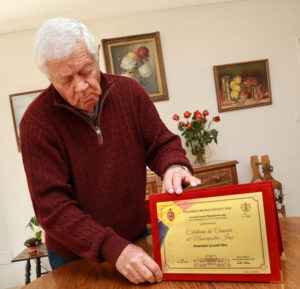
“After a fairly long time, we arrived in front of the police courtyard gate,” wrote Fliss. “From inside the courtyard, we heard shooting, and when the gate was opened, I could see a mound of corpses.
“My mother immediately realised what was going to happen to us and approached a Romanian officer who was ‘keeping order’ at the entrance, knelt in front of him, and said to him crying, ‘Officer, you can let me and my husband pass through the gate but keep this child [pointing to me] outside, take him and adopt him, and he will love you all his life.’ The officer, a young man completely unknown to us, helped her to get up, and said to her, ‘I will seek to help you.’
“He kept his word. He took my mother by the hand, she took mine, I took my father’s and he led us back, against the stream of people, to the start of the queue, where he left us. This gave us the chance of survival because in a short time, it was announced that an order had come from the government to stop the massacre.”
Fliss and his parents survived.
Fliss’s article about the pogrom was published in Israeli and Romanian publications. “Writing about how I saw this pogrom with the eyes and the mind of a six-year-old child attracted attention because, until then, all the descriptions of the pogrom were made by historians and journalists, but not by a child. It attracted the attention of the Jewish community of Iași, to which I made a presentation on the article about one and a half months ago in Iași,” says Fliss.
“Some asked the organisers of this presentation to apply to the mayor of Iași to award me honorary citizenship of the city.
“I went back to Iași about five weeks ago to receive this award. That day [29 June] was the 81st commemoration of the pogrom so on the same day I survived the pogrom, I was awarded 81 years later.I consider that this award wasn’t given only to me, but also to the victims of the pogrom,” Fliss says.
He says survivors of the Holocaust aren’t heroes. “Their survival depended on the heroism of those who saved the lives of survivors, or was due to circumstances and good luck. In my case, my parents and I survived due to the heroism of an unknown saviour, a Romanian army officer.”
Today, Fliss lives in Johannesburg, his home for 47 years. “Romania after World War II became a communist country, like a big jail. You had to take great risks to get out. I managed to cross the Iron Curtain and lived in Israel for six years. Then, for professional reasons as a civil engineer, I chose to come to South Africa where there were better opportunities. This was 47 years ago. I was chief engineer for Murray & Roberts.”
Fliss doesn’t have any children, but has family including cousins in Israel and Europe.





